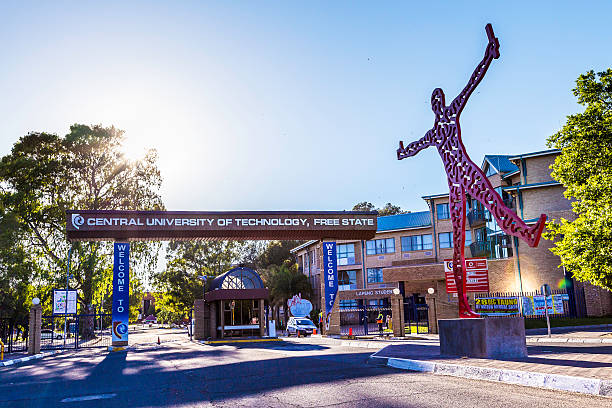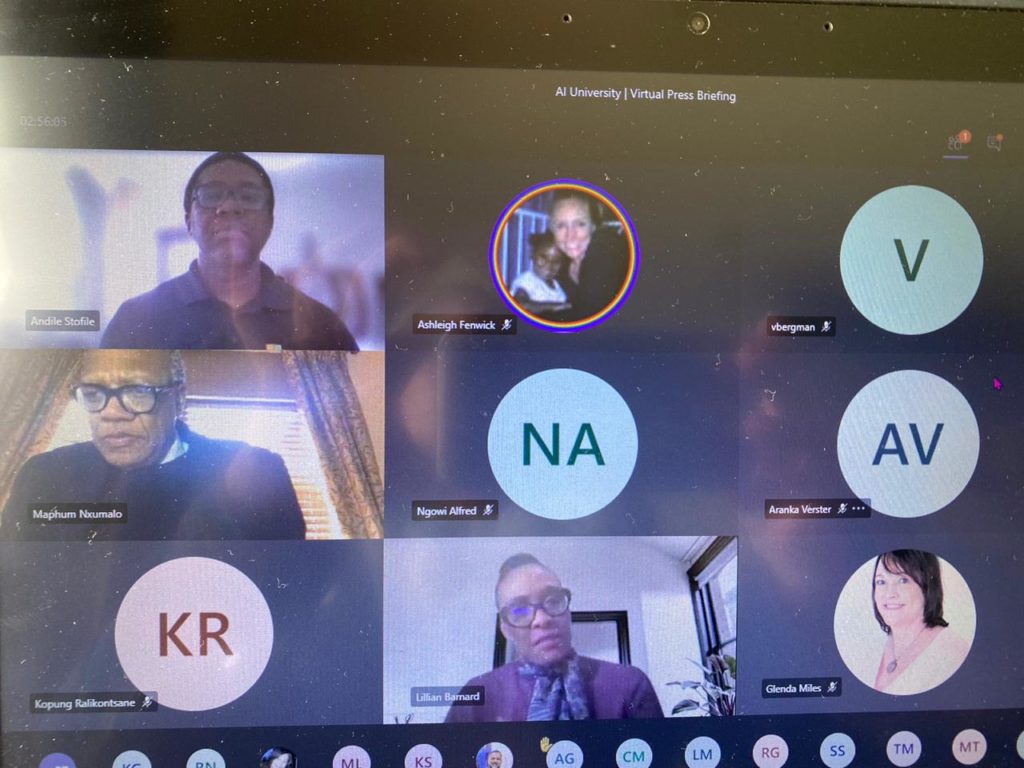
Will AI really take jobs from tech experts?
Artificial intelligence (AI) is transforming the world of work in unprecedented ways. From automating tasks to enhancing creativity, AI is reshaping how we perform our jobs and what skills we need to succeed. But will AI really take jobs from tech experts, or will it create new opportunities for them?
The answer is not simple or straightforward. AI will have different impacts on different sectors, occupations, and regions. Some jobs may be eliminated or reduced by AI, while others may be augmented or created by it. Some workers may benefit from increased productivity and efficiency, while others may face displacement and skill gaps.
According to a report by the American University School of International Service, AI will lead to increased levels of productivity, specialization in job roles, and increased importance of “human skills” like creativity, problem-solving, and quantitative skills. Although AI will increase economic growth, these gains will not be evenly distributed.
The report also identifies four types of workers who will be affected by AI:
Workers whose tasks are mostly automated by AI. These workers may face job loss or significant changes in their job content and requirements. They will need to reskill or upskill to adapt to new demands or find alternative employment.
Workers whose tasks are mostly augmented by AI. These workers may benefit from improved performance and efficiency, as well as new opportunities for innovation and collaboration. They will need to learn how to use AI tools effectively and leverage their human skills.
Workers who use AI to create new products or services. These workers may enjoy higher incomes and market power, as well as greater autonomy and flexibility. They will need to have advanced technical skills and entrepreneurial mindsets.
Workers who provide services for AI. These workers may experience increased demand and job security, as well as more variety and complexity in their work. They will need to have specialized knowledge and skills related to AI development, maintenance, regulation, or education.
As we can see, AI will have both positive and negative effects on the tech job market. The key challenge is how to ensure that workers are prepared for these changes and can benefit from them. This requires a coordinated effort from governments, employers, educators, and workers themselves.
Some possible solutions include:
- Investing in education and training programs that equip workers with relevant skills for the future of work.
- Providing career guidance and counseling services that help workers navigate transitions and opportunities.
- Supporting innovation ecosystems that foster entrepreneurship and new business models.
- Promoting social protection policies that protect workers’ rights and welfare.
- Encouraging social dialogue among stakeholders that fosters trust and cooperation
AI is not a threat or a blessing for tech experts; it is a reality that we need to embrace with caution and optimism. By anticipating its impacts on our jobs and preparing ourselves accordingly, we can make sure that we are not left behind by this technological revolution.
Check out what’s new on our YouTube channel. Subscribe to follow for the latest videos and news in the ecosystem.
- YouTube wouldn’t build an app for the Apple Vision Pro, so Someone did! Introducing Juno
- What is Microsoft 365?
- Get to know Norton Genie app?
- Microsoft Copilot on iOS and Android get upgrade
- Microsoft’s new OneDrive design is out now!
- Sudo command comes to Windows 11
- Google has announced that its first cloud region in Africa is now open for business.
- Apple Vision Pro Review
- Apple’s first-party Podcasts app
- What is Amazon presents Diffuse to Choose?


